This is one of the most common questions I get from Moms, and the questions often come with the expectation of a positive response! In India, it is very common to feed babies biscuits and milk, and biscuits are also the most popular snacks given to toddlers.
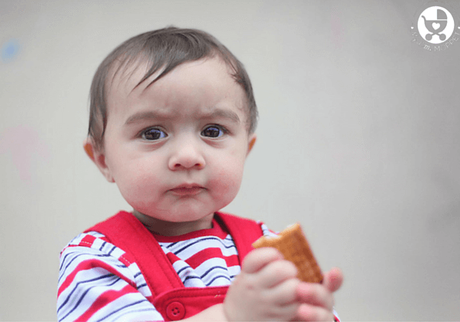
I still remember when I was weaning my son; back then i wasn't sure about what first foods were ideal and since I had to start somewhere, I began with Cerelac. I had slowly progressed to fruits when one of my friends seemed shocked that I wasn't feeding him Parle G biscuits in milk. She exclaimed, "You need to give babies biscuits in milk; everyone knows that. How can you not know this fact?" Well, as a doctor Mom, I would rather follow scientific evidence rather than what everyone was doing and I am glad I had the sense to refrain from feeding preservative-laden biscuits to my baby.
Many Moms think that biscuits are a very convenient food, and they're not wrong. But it's the kind of biscuits that makes all the difference between a preservative-laden diet lacking in essential nutrients and a fully balanced, wholesome one. So let's come back to the million dollar question:
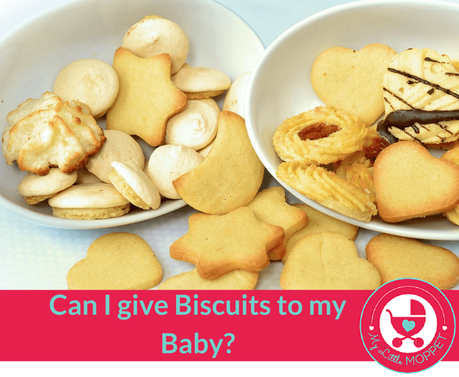
Here's the short answer: Absolutely NO!! While it is certainly not recommended for infants, I discourage store bought biscuits even for toddlers. However homemade biscuits and cookies with out preservatives and baking powder can be given to young children.
What goes into commercial biscuits?
To understand what your favorite biscuit actually contains, I've done some research on biscuit ingredients. For this purpose, I have selected two of the most common biscuits given to babies in India - Parle G and Milk Bikis.
Generally, the ingredients of any product are listed in order of decreasing quantity, so the first ingredient in the list will have the highest concentration, which means that it is the major ingredient in that product.
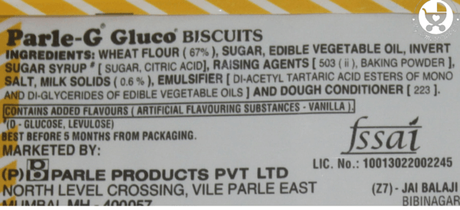
1. Wheat Flour
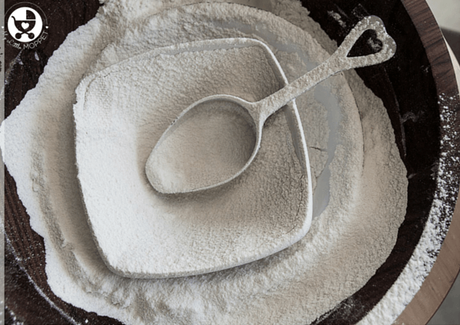
The term wheat flour can be misleading as some may think that it refers to whole wheat flour, when in reality, 'wheat flour' simply means that it's refined flour, or maida.
Disadvantages of maida- Maida is refined wheat flour, stripped of all its nutrients.
- The refining process removes not just the nutrients, but dietary fiber and proteins as well.
- Refined flour can mess up a baby's digestion and may create constipation in babies.
2. Sugar
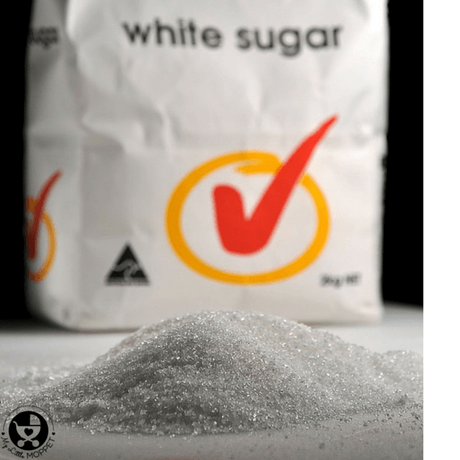
Everyone knows that sugar is not advisable for babies, but the fact is that when it comes to commercial food, we never know how much sugar goes into each pack as the percentage is not mentioned on the label.
3. Edible Vegetable Oil
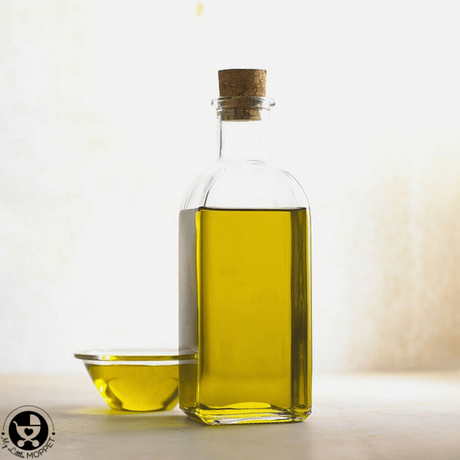
This refers to plain vegetable oil, which is among the safer ingredients. Dangerous substitutes include hydrogenated vegetable fats which are detrimental to health.
4. Invert Sugar Syrup
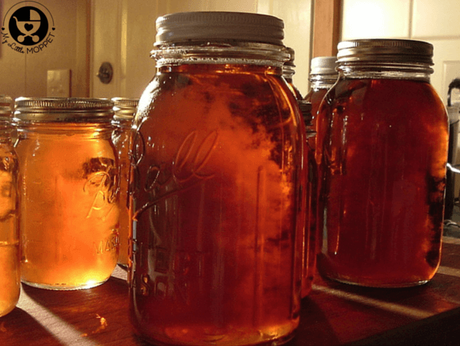
This is an ingredient listed on the labels of many biscuit brands, so what exactly is it?
Invert sugar is sucrose (a di-saccharide of glucose and fructose) that has been broken into free glucose and free fructose. Invert sugar is sweeter than table sugar (sucrose) because fructose is sweeter than both sucrose and glucose.
Why use invert sugar in biscuits?The sugar crystals in invert sugar are smaller than sucrose, which results in a smoother texture of the final product. The smaller crystals also dissolve faster than sucrose crystals. Invert sugar retains moisture better and improves shelf life.
Is invert sugar healthy?No, it isn't. Since it contains unbound fructose, it is not recommended even for adults, and certainly shouldn't be in young children's diets.
5. Raising Agents
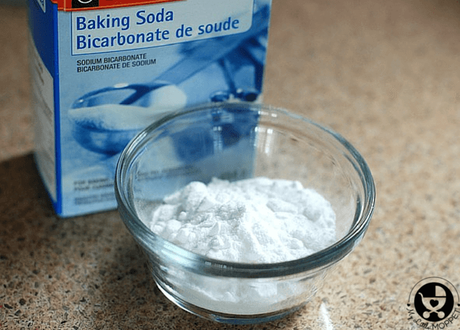
Raising agents include baking soda and baking powder which are generally not advised for babies and young toddlers.
6. Salt
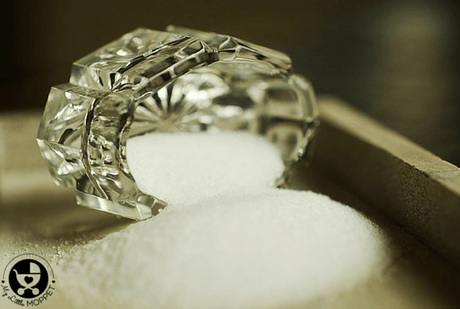
A baby's daily salt requirement is less than 1 gram which she is most probably getting from breast milk or formula. Any more and it can put a burden on her tiny post. Biscuit labels don't mention the percentage of salt in them; hence it can contain a dangerous amount that can harm the baby.
7. Milk Solids
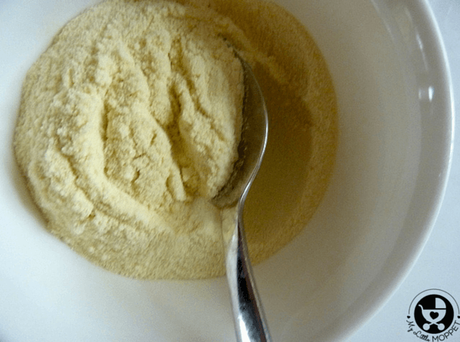
'Milk solids' refers to the dried powder left after all the water is removed from liquid milk. They are usually added for a smoother feel to the finished product. This can prove harmful for kids with a lactose intolerance problem. For others, it is still a processed product and a long way off from real milk. Besides, cow's milk and milk products are not recommended for babies under 1 year.
8. Emulsifier
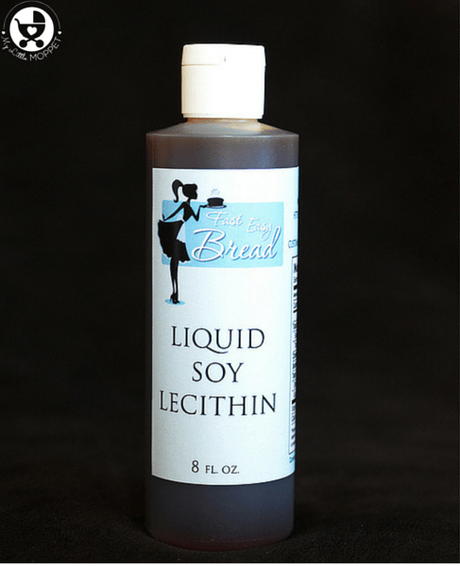
Emulsifiers are added to biscuits to stabilize the fat and water, and are regarded as minor additives. Most emulsifiers are synthesized chemicals and there are strict legal restrictions on how much can be used in any food product. Recent studies show that emulsifiers can mess with the good bacteria in our gut, creating digestive or bowel problems. Some emulsifiers like soy lecithin can create trouble for those with allergies.
9. Dough Conditioner
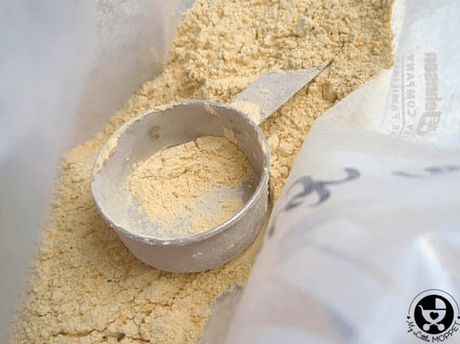
A dough conditioner is any ingredient or chemical added to dough to strengthen its texture or otherwise improve it in some way. It is a completely synthetic substance and something you definitely don't want your baby to eat.
10. Added Flavours
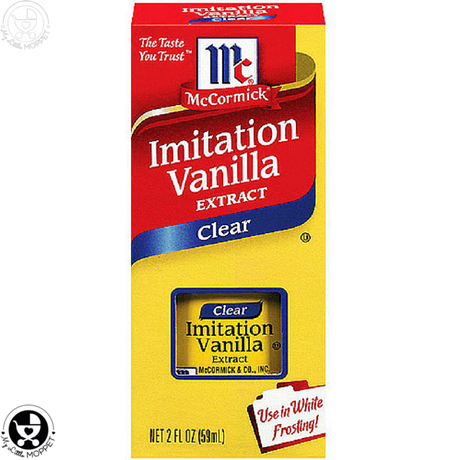
Added flavors can include practically anything, from vanilla to fruit. In any case, they are 100% synthetic and not something you'd want anywhere near your baby!
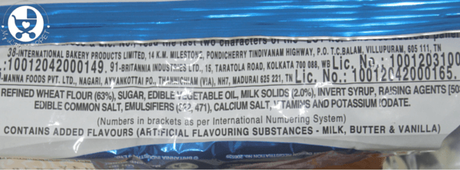
In addition to all the above, Milk Bikis also has calcium salt , vitamin and potassium iodate. While these appear to improve the nutritional value of the biscuits, the truth is that they are in too small a quantity to be of any use to your baby.
What biscuits can I give my baby?
Now you know what kind of biscuits you can't give your baby, so let's get to the good ones that are safe for babies and kids. You can choose biscuits that fall into any of these categories:
- Homemade
- Whole wheat
- Without preservatives and additives
- No artificial sugar
- No salt
- No baking powder or salt
The best option is to bake your own biscuits, of course! To help you, we have a wide range of cookies recipes on the blog. Some of them may contain raising agents, so you can avoid them for young children.
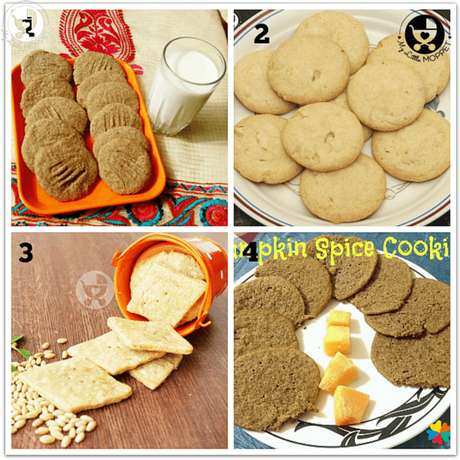
1. Ragi/Finger Millet Cookies
2. Whole Wheat Nankhatai
3. Paneer Wheat Biscuit
4. Pumpkin Spice Cookies
Now if you don't have the time (story of our lives) or if you're not exactly the baking type, you can get these cookies delivered right to your doorstep. Yes, we have a collection of homemade cookies, made with 100% natural, fresh ingredients, in our store. Here's a look at what's on offer along with what each one is made of:
1. Multigrain Eggless Foxtail Millet Cookies with Figs and Dates
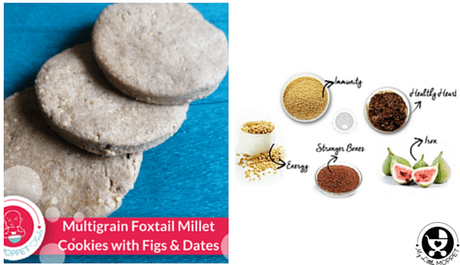
2. Multigrain Eggless Ragi and Amaranth Cookies
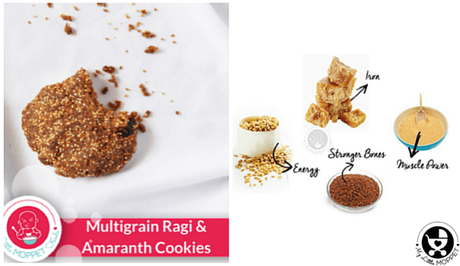
3. Multigrain Eggless Ragi Cookies with Foxtail Millet
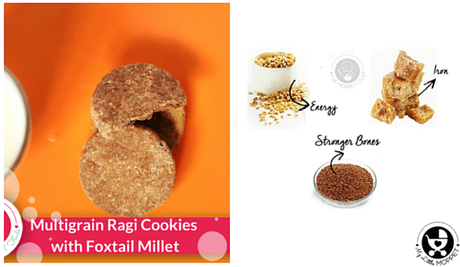
4. Whole Wheat Eggless Cookies with Almonds and Jaggery
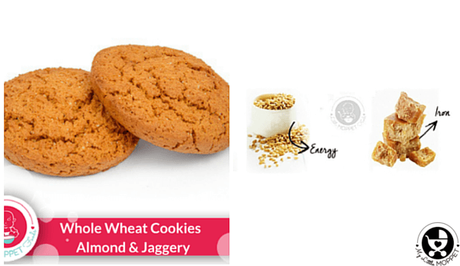
5. Whole Wheat Eggless Cookies with Figs and Dates
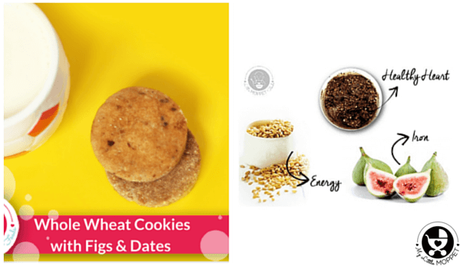
We are continuing to add more cookies to our store, so keep following our updates on Facebook! As you see, there are so many alternatives available, and you don't need to subject your kids to a pack of preservatives and processed ingredients. Eat natural and stay healthy!
Lots of Love,

